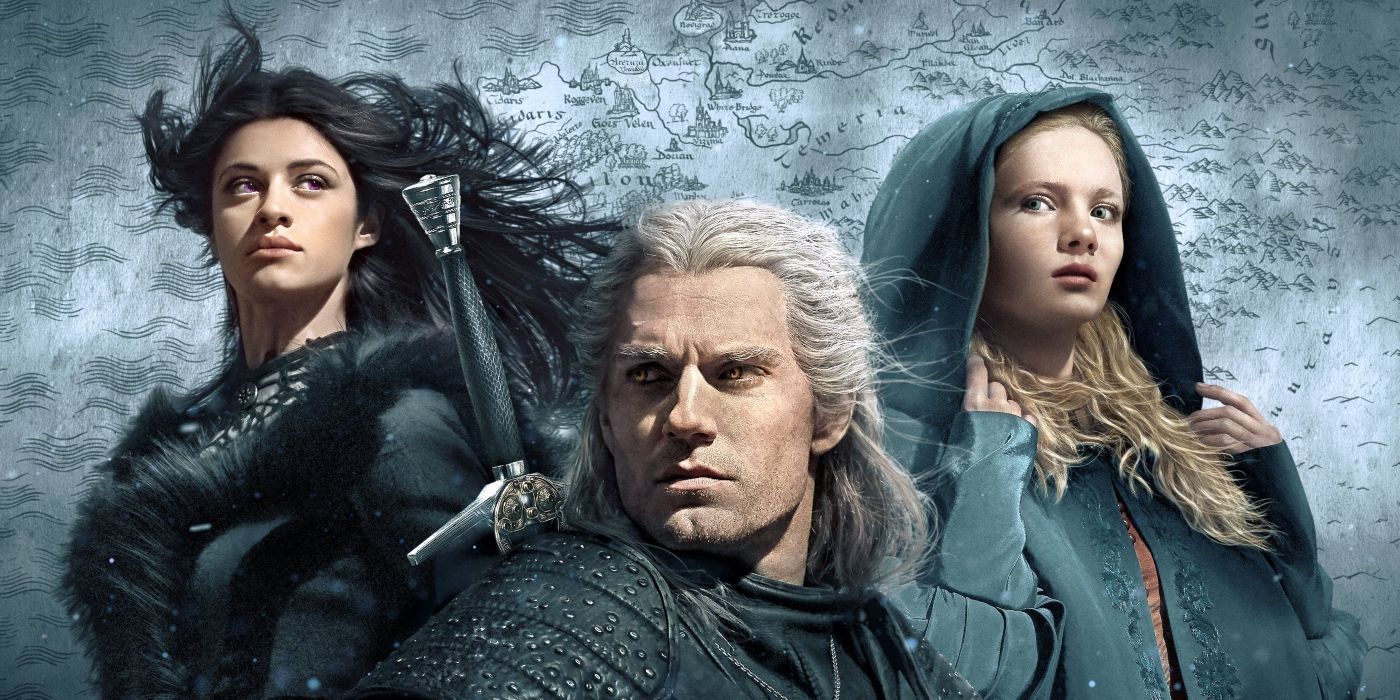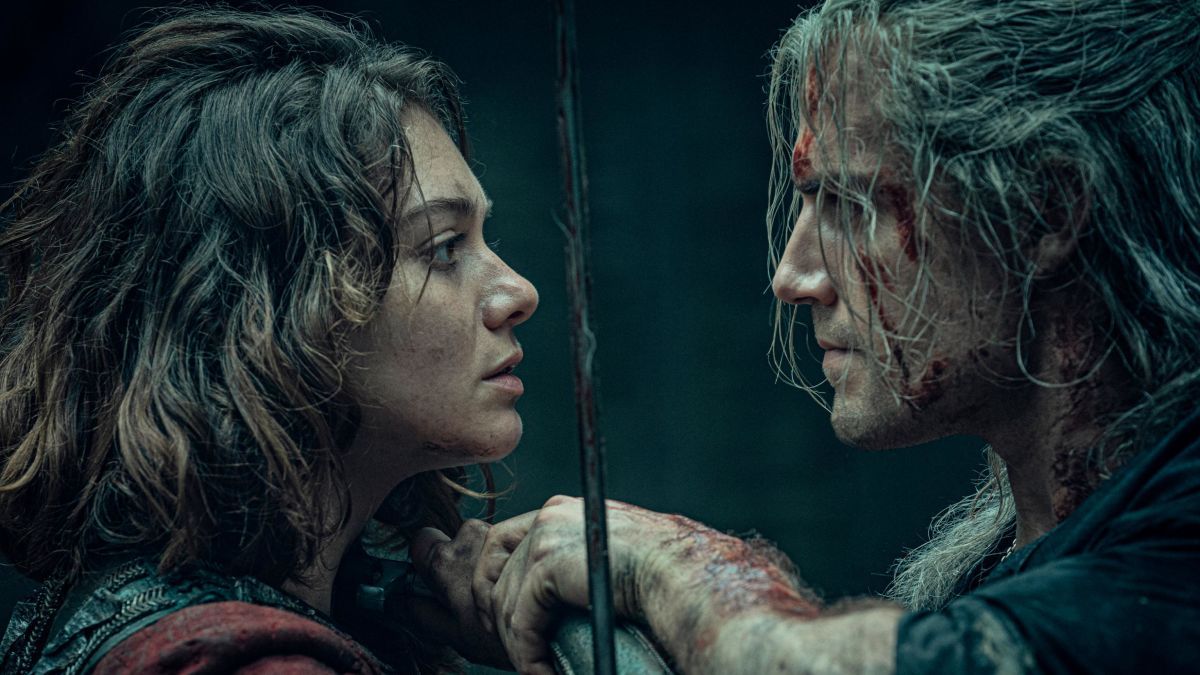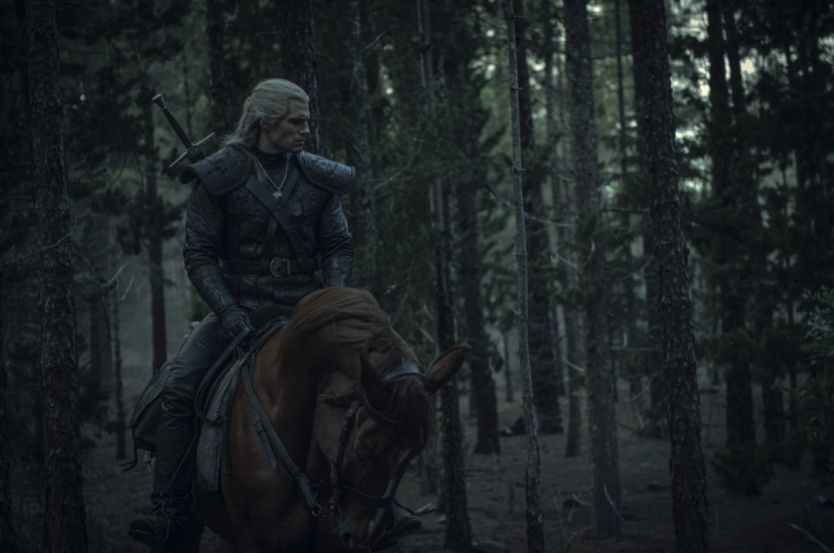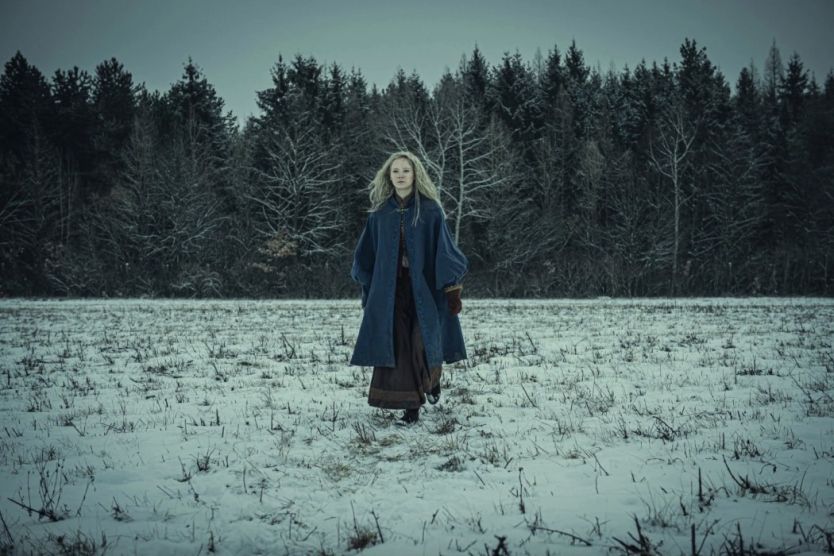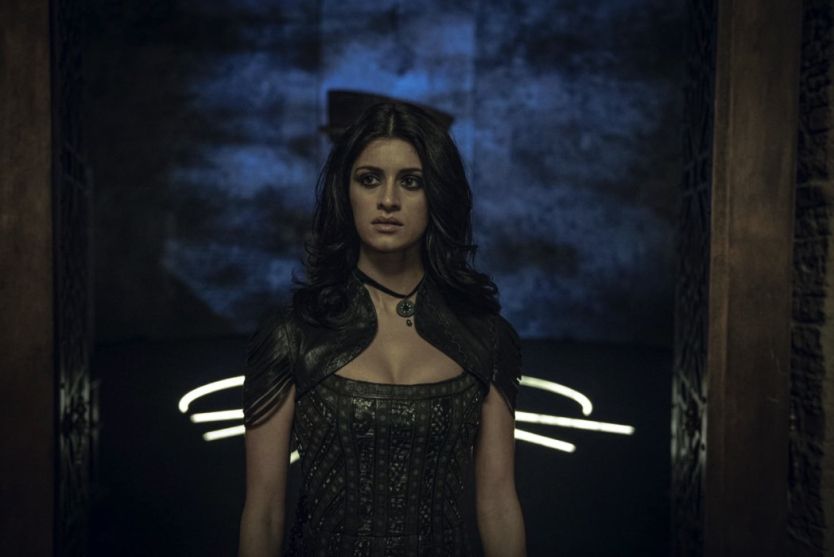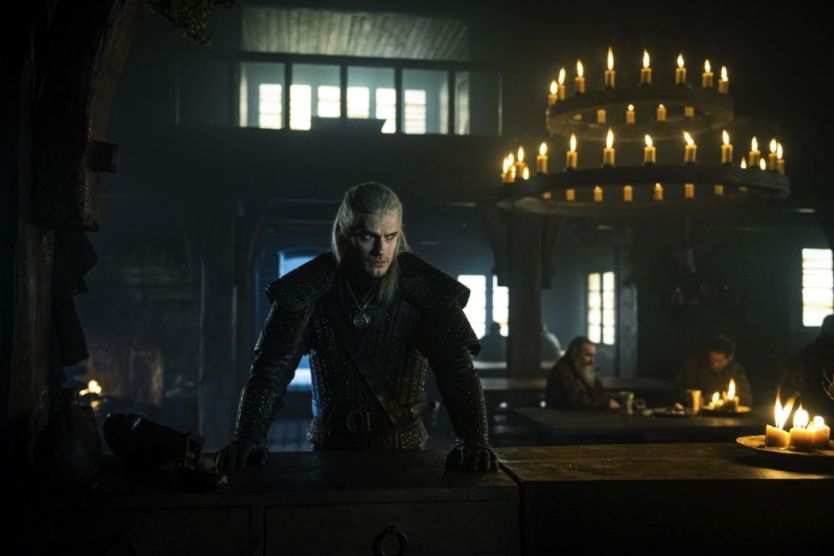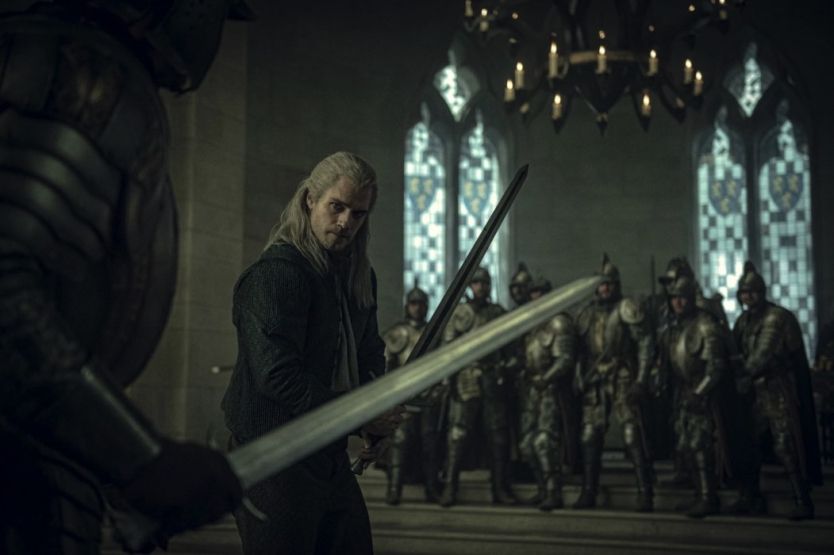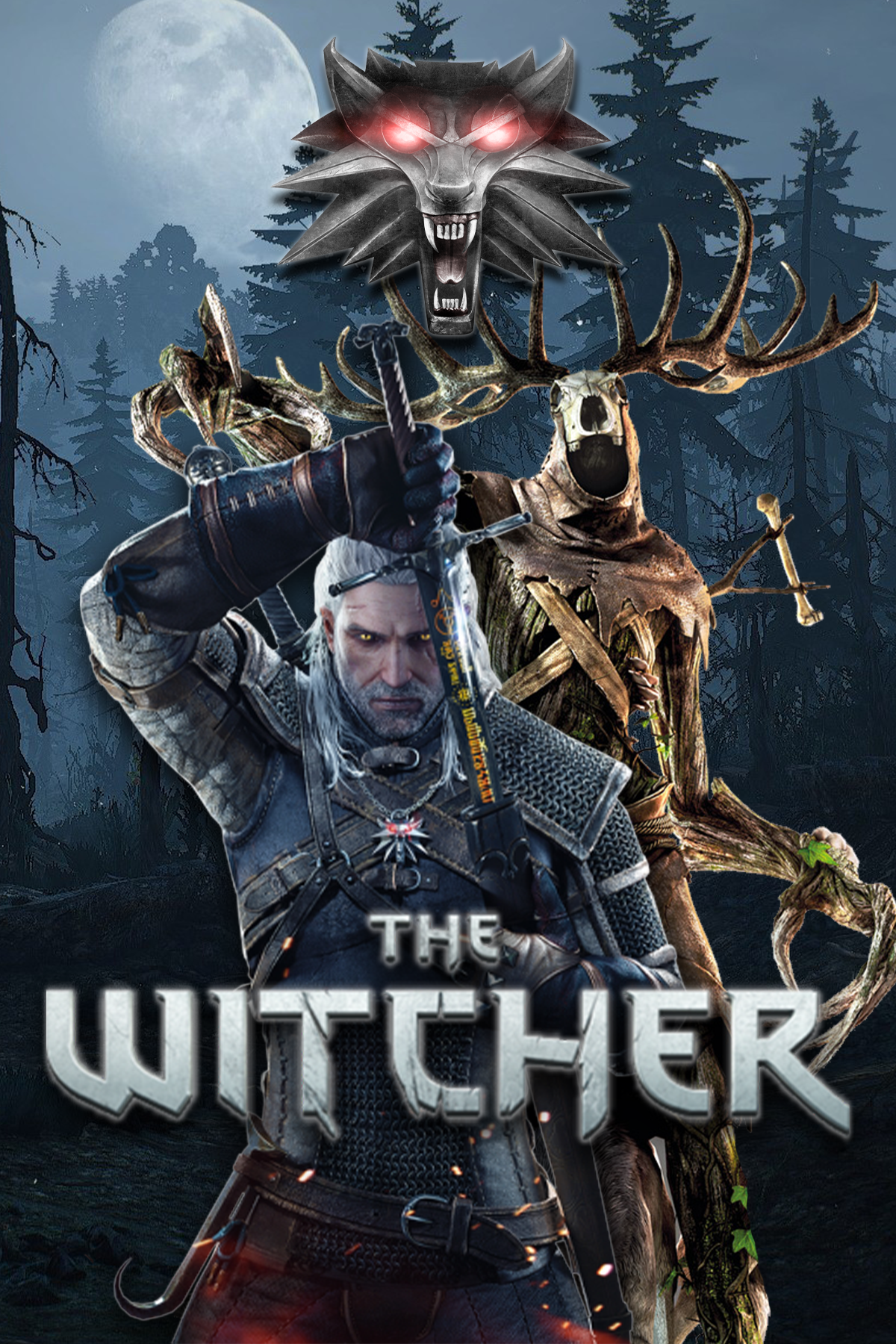We have come a long way from the first image of Henry Cavill dressed up like Geralt of Rivia over a year ago. Rest easy: he looks much better than that promotional tease. Like many who watched The Witcher series from Netflix this past weekend, I first played and loved The Witcher 3: Wild Hunt from developer CD Projekt Red, so much so that I ended up reading the entire book series that the games picked up from.
The Witcher series is an adaptation of the first two books, a collection of short stories titled The Last Wish and Sword of Destiny, respectively. While The Witcher misses the emotional culmination of the novels at the very end, the lead up to it and its faithful in spirit adaptations of some of the best short stories make it an enjoyable watch for anyone familiar with the source material.
[pullquote]"Its faithful in spirit adaptations of some of the best short stories make it an enjoyable watch for anyone familiar with the source material."[/pullquote]
Introducing the series is an adaptation of "Lesser Evil" from The Last Wish, a good pick for introducing the themes of The Witcher series at large. The pilot also includes Ciri and the fall of Cintra, setting up the central conflict of the series, though all the terminology being thrown around may be overwhelming for those not familiar with the original fiction. However, I still think it's a good pilot in terms of setting up what the rest of the series follows through on. "Lesser Evil" is a good pick as it both sets up the picking of a lesser evil with the conflict between Renfri, a twisted version of Snow White, and Stregobor, as well as man being the real monster. That latter topic is familiar territory to anyone who has engaged with fiction, but it's the way the series portrays it, as well as how it contradicts that with genuinely good people--mainly Geralt--that makes it one of the better pieces to engage with that idea. Being forced to pick a lesser evil is compelling because of how it often reflects reality, and it makes Geralt sympathetic since you know he's trying his best in a s*** situation.
While the pilot is an effective setup overall, it also introduces some recurring faults. One of these isn't something that I hold against the show, but the CG effects are generally weak. Opening on a large CG monster isn't very impressive. At other points you can tell they were working within the edges of their budget, and when they use actual costumes it actually works quite well, such as the Striga and Sylvan.
The color palette of The Witcher is very subdued, and mostly grey. While this may have been done with the intention of allowing the moments that color does come through to be stronger because of the contrast, it mostly dilutes the look of the show on a whole. Things within The Witcher world are miserable, but having a miserable color filter doesn't enhance that; it just makes me think about how much better everything would look if that hadn't been done.
[pullquote]"While the pilot is an effective setup overall, it also introduces some recurring faults."[/pullquote]
Henry Cavill does a good job capturing the voice of Geralt, though he never really grabbed me the way that Doug Cockle would sometimes in The Witcher 3. Obviously the show is at a disadvantage to the text of the books by not allowing you to inhabit Geralt's head, but Cavill still makes him a character that you can easily invest in. The best bits of the series are him doing his Witcher stuff, often alongside Dandelion, who is referred to by the name Jaskier. It is a change made to be more faithful to the Polish text, but since the English translations published by Orbit Books refer to him by Dandelion, it is a change I still can't really get behind. Joey Batey as Jaskier plays the standard comic relief character, but he does it with more than enough zest that I like him very much.
Ciri is given great life by Freya Allan, who brings the correct amount of spoiled defiance to the character. It's a role that could easily fail but is captured quite effortlessly by Allan. And those eyes! Her story is tragic and quick, with her introduction quickly proceeding into the fall of Cintra due to a Nilfgaardian invasion (the big bads), the death of her grandmother Queen Calanthe, and the menace of Cahir, a Nilfgaardian officer intent on capturing her. The fall of Cintra is especially tragic in one scene where an officer goes around the castle giving everyone vials so they can commit suicide instead of being taken by the invading army.
Ciri is clearly important to people for reasons she does not understand, and her Source powers are hinted at with a scream and some shaking in the first episode. Most of her time is spent on the run, with glimpses at her escapes intermixed with the more absorbing stories of Yennefer and Geralt. While the repetition of her escapes are weak as a whole, Allan's performance and the generally short time they occupy don't make it too much of a problem.
[pullquote]"Ciri is given great life by Freya Allan, who brings the correct amount of spoiled defiance to the character."[/pullquote]
Any adaptation will differ from the source text, so the question isn’t how accurate it is to the book, but whether the adaptation effectively keeps the spirit of the text or charts its own new path using recognizable elements. The Witcher is the former. While it picks and chooses from the two short story collections and making changes where it sees fit, it still retains the overall spirit of the books.
The biggest change is Yennefer’s origin story, something that was only ever hinted at and never given much detail. Her humpback is made explicit, and you get to watch her train to become a sorceress. The highlight of her ascension is her enchantment, which she undertakes with no form of anesthesia. It is presented as a form of body horror, as the nude Yennefer’s uterus is removed and melted to fuel the reshaping of her spine and mouth. Yen sacrificing her ability to reproduce in the heat of the moment nicely sets up her search for motherhood later on.
This desire isn't simply baby-fever: it's more about having the choice to decide whether she wants it or not. She was bought by Tissaia for training in magic, and had no choice but to become a sorceress or suffer the fate of her friends, becoming eels who help fuel the magic academy. She desires power and choice, which is why she leaves the Chapter, the official body of magic users who meet like the Illuminati to decide the course of history. It is also why she leaves Geralt when she discovers their connection is due to his final wish to the djinn instead of genuine feelings, at least in her mind, as the last wish is left unheard and ambiguous like the book.
Anya Chalotra plays Yennefer well, portraying her lust for power and "no fucks given" attitude easily. She is often arrogant, but while the books succeeded in selling her due to having more of her and Geralt together--the moments where she can be more vulnerable--the show has less of that and instead more of her origin. While this works, it is to the detriment of their relationship, which exists for only about two episodes.
[pullquote]"Anya Chalotra plays Yennefer well, portraying her lust for power and 'no fucks given' attitude easily."[/pullquote]
Yennefer's enchantment sequence is cross edited with Geralt fighting a Striga, with similar body horror both with how the Striga looks as well as its transformation back into a human girl. The Witcher is a "mature" show as far as ratings go, but even scenes like this don’t go that far. You mostly see bodies writhing and screaming with some effects work, but it is still effective. Maturity means blood, amputations during Geralt’s fights with humans, and topless women. Much like the games, The Witcher shows lots of boobs, but it never gets excessive or gratuitous.
Yennefer's origin also introduces a somewhat confusing time jump that is never signaled in editing and has to be picked up on by either knowledge from the books or small references. Yennefer and Geralt are very old, retaining their looks due to enchantment and a result of the mutations required to create a witcher. Yennefer's story takes place far in the past, with Geralt's starting at an uncertain point, both moving forward until they begin to converge not only with each other but with the third central character, Ciri. Episode 7 closes the time loop, showing you that Geralt was present during the fall of Cintra, an event first shown during Ciri's portions of the first episode. This helps cement the viewer's grasp on the flow of time, though plays into the weakening of the finale.
[pullquote]"Yennefer's origin also introduces a somewhat confusing time jump that is never signaled in editing and has to be picked up on by either knowledge from the books or small references."[/pullquote]
While seeing certain short stories adapted to live action with slight changes (and Yennefer's narrative including entirely new stuff) was largely satisfying, the series failed to nail the ending. "Something More," the final short story in Sword of Destiny before the main series starts, has the most emotionally affecting moment of the books and the series sadly fails to capture it.
Among the short stories, Ciri comes across Geralt in the woods of Brokilon when she is a young girl. The two form a bond despite not knowing that they are tied together by the Law of Surprise detailed in "A Question of Price" which was adapted for episode 4. Early in "Something More," Geralt recalls traveling to Cintra to check on his Child of Surprise and renounces his claim, later regretting it when he learns of Cintra's fall and the death of all involved from Dandelion. This puts him in a lost state as he recovers from a monster fight with a merchant he saved, invoking the Law of Surprise on the merchant as a reward. He arrives at the merchant's house to learn an orphan was taken in, a young girl who runs and embraces Geralt. Ciri lived and they are reunited. She asks, "Am I your destiny? Say it! Am I your destiny?" to which Geralt replies, "You're more than that, Ciri. Much more."
This reunion, coming from the low point of Geralt giving up hope after refusing an earlier chance to save her, is an immense payoff and such a heartwarming moment for the two of them. I loved it in the book and was really hoping the series would pull it off; sadly it doesn't due to changes to the text and a lack of time. Geralt never meets Ciri, and in fact attempts to claim the child from Calanthe but is denied multiple times. Ciri is hinted at having visited the Brokilon forest before, but it's never delved into. This final moment isn't a reunion, but their first meeting. They embrace, but the question isn't if she is his destiny, but about the identity of Yennefer. It's disappointing as instead of an emotional culmination, it's something of a tease for what lies ahead.
[pullquote]"The Witcher is a good live action adaptation of a Polish fantasy series that also ended up culminating in one of my favorite video games, and really I'm happy with that, as I'm sure many fans will be."[/pullquote]
Despite that disappointment, I still like The Witcher even though it failed to capture that emotional resonance of the source text in the end. As an adaptation of the various short stories, I think it does well even if it never quite reaches the same heights aside from depicting the brutality of certain fights. It is the kind of season of television where I think the next season will be better served by its changes, as it can now focus exclusively on the main series and its progression of the three characters. I think the changes made make for a rich text in terms of documenting and debating the effects of them, where I tried here to highlight only the most significant of them. The Witcher is a good live action adaptation of a Polish fantasy series that also ended up culminating in one of my favorite video games, and really I'm happy with that, as I'm sure many fans will be.

